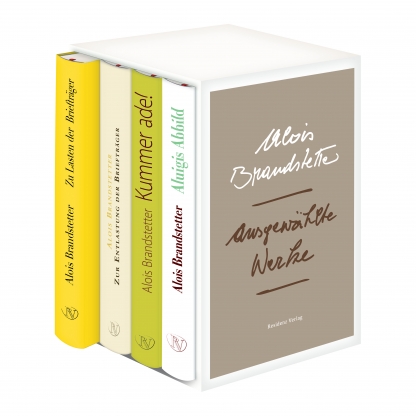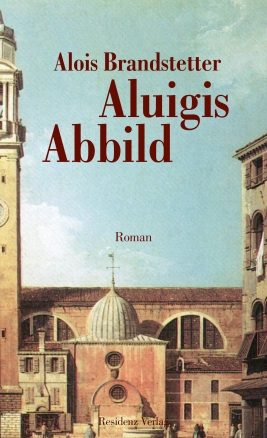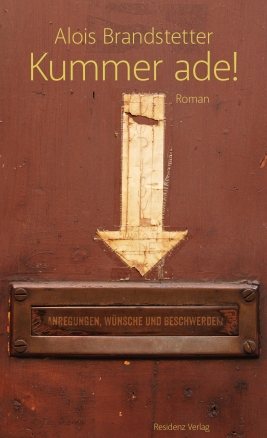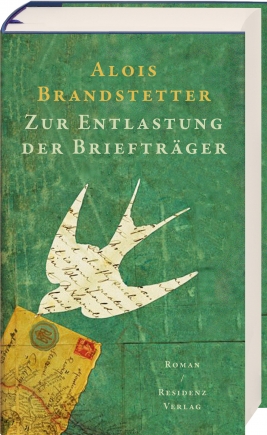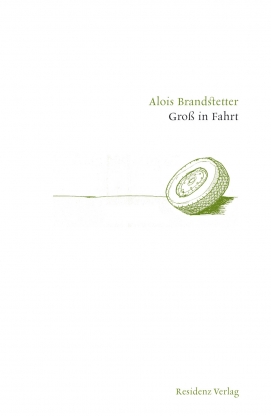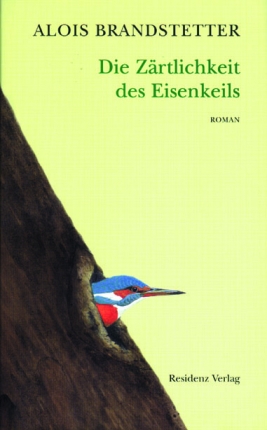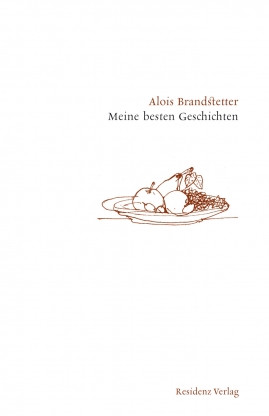
Alois Brandstetter - My best stories
Endlich. Endlich haben wir hier jene Auswahl aus Alois Brandstetters Büchern mit kürzeren Texten, zu der der Autor sagt: Das sind meine besten Geschichten. Tatsächlich hat er ja schon eine ganze Menge geschrieben, und natürlich ist alles gut. Aber einiges ist eben doch das Beste, und das findet man in diesem Buch. Es gibt zugleich einen Querschnitt und Überblick über die vielfältigen erzählerischen Möglichkeiten dieses Autors von seiner ersten Buchpublikation vor bald drei Jahrzehnten an. Es ist dadurch auch ein idealer Einstieg für alle jene, die immer noch nichts von Alois Brandstetter gelesen haben - falls es so jemanden überhaupt gibt. Es wird versprochen, dass es immer ein Vergnügen ist, diesen Autor zu lesen, auch wenn er uns - was ja gelegentlich vorkommt - einmal nicht zum Lachen, sondern zum Nachdenken bringen will.
Book details
Neuausgabe 2008208 pages
format:130 x 210
ISBN: 9783701711536
Release date: 01.01.1999
License rights
- World rights available








